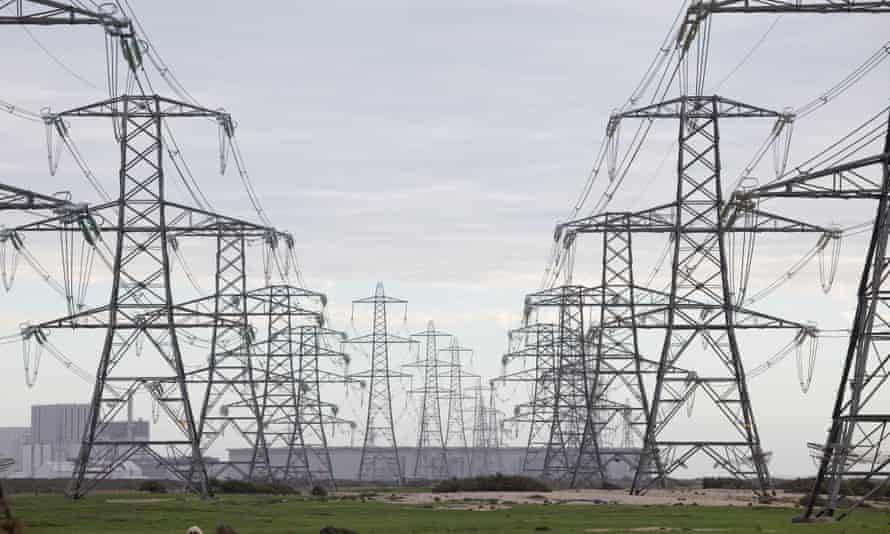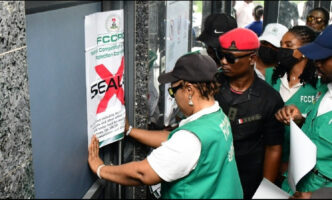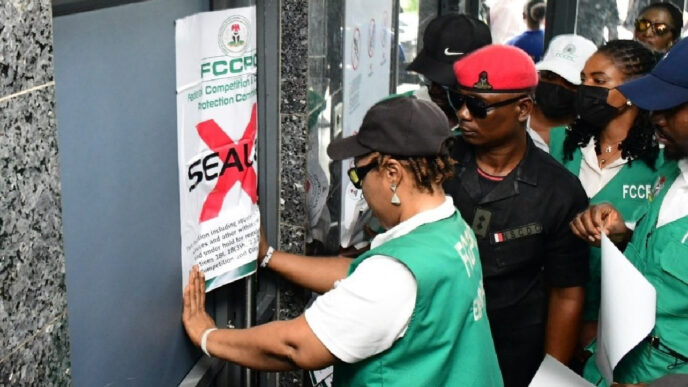Transmission Company of Nigeria (TCN) has reported that a total of 178 electricity transmission towers have been damaged in 42 vandalism incidents.
Gatekeepers News reports that Ali Sharifa, TCN’s General Manager of Transmission Services, revealed this during a presentation on infrastructure vandalism at a media workshop held in Keffi, Nasarawa State on Thursday.
Sharifa noted that the years 2024 and 2025 have been particularly difficult for the company, as widespread vandalism by non-state actors continues to undermine its operations.
He said, “ A total of 86 towers were vandalised in 2024, with 26 towers completely down, which plunged affected states into total darkness.”
“These acts of vandalism spanned Abuja, Bauchi, Enugu, Shiroro, Kano, and Port-Harcourt regions.”
“In the first and second quarters of 2025 alone, 42 acts of vandalism were recorded, affecting a total of 178 towers.”
“Recently, six towers (T306, T307, T308, T365, T366, and T367) along the Kainji-Birnin Kebbi 330KV SC (International) line collapsed in May due to windstorms and torrential rainfall.”
“In the same month, the Apir-Lafia-Jos 330KV DC Line Tower T137 partially collapsed due to similar weather conditions.”
Sharifa also mentioned that in May 2025, six towers — T306, T307, T308, T365, T366, and T367 — along the Kainji-Birnin Kebbi 330KV SC (International) line collapsed due to heavy windstorms and rainfall. In the same month, tower T137 on the Apir-Lafia-Jos 330KV DC line partially collapsed under similar weather conditions.
He attributed the vandalism to deliberate sabotage driven by political and economic motives. The consequences, he said, are far-reaching, including widespread power disruptions as electricity generated cannot be transmitted, financial burdens from infrastructure repairs and replacements, increased security costs, and delays in expanding the national grid.
The GM said, “ “Other effects include significant costs incurred by the company for repairs, replacements, and increased security measures, as well as delays in grid expansion projects due to the financial strain caused by these acts.”
“The public is also at risk whenever transmission infrastructure is vandalised.”
Sharifa noted that to address the ongoing threat, TCN has begun working with local communities in areas prone to vandalism and is partnering with the Office of the National Security Adviser (ONSA) to protect vulnerable infrastructure.
He said, “TCN has reached out to ONSA to safeguard critical transmission lines against vandalism.”
“A pilot scheme will deploy state-of-the-art technology to monitor and deter future acts of vandalism. Sensitisation campaigns, jingles, and sponsored programmes on social and traditional media have also increased public awareness, emphasising that TCN property is the people’s property.”
He noted that these efforts have already yielded results, leading to the arrest and prosecution of vandals.











